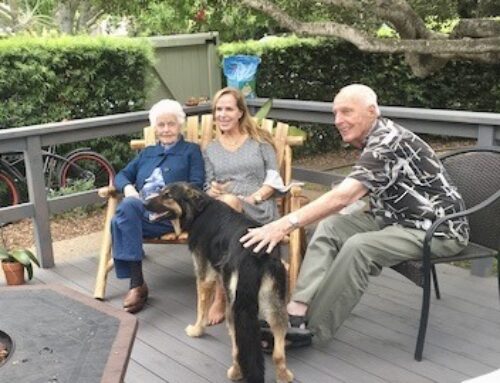“Grief is in two parts. The first is loss. The second is the remaking of life.” Anne Roiphe
Most of us are creatures of habit. We go in the circle that we know and have known. We are comfortable; we know where we like to eat, shop, socialize, work, travel, where to pick up our mail, and the address for delivery.
With extreme drama, all of this changed in one fateful day for thousands. But you’re not supposed to feel bad because others are going through the same thing, and it seems worse for them. You are supposed to be able to adjust, get over it, and find something new.
Not so fast…
Collective grief, collective trauma, collective heartache.
Knowing that others are going through the same thing does not eliminate what you are going through. After all, you have lost your sense of normal, your circle, your routine, and more, its loss. Collective empathy, compassion, and the fact you are not alone should birth some comfort.
However, if you are in the hospital and the guy next to you is losing his leg, and your leg is broken, you still need to heal your break. You cannot compare.
Emotional recovery after a wildfire can be incredibly challenging. The stress of coping with the loss of a home, personal items, pets, and neighborhood can trigger mood swings, sleep disruption, extreme nervous tension, and/or depression. Post-traumatic stress syndrome is real. You lost your home, neighborhood, and routine. You are walking through a fog, unable to focus; life becomes a foggy blur.
The mental health impact of wildfire victims can last a long time. Acknowledging how you feel and your personal impact is essential, even if your feelings are all over the map.
People who study collective trauma don’t always agree on every detail about what it means, but I am glad it is currently being studied.
The emotional toll of the fires will extend far beyond the subset of people who lost loved ones or friends, neighborhoods, or homes. So-called second-level victims – evacuees, witnesses, people who didn’t lose homes and are feeling survivor’s guilt, and even first responders of all sorts–also can be affected.
What I have personally learned from going through collective trauma. For me, it was unwise to make life-altering changes (big decisions) when I was still processing my grief; the world as I knew it was upside down, and I was not able to be objective enough to have my life altered any further. When your emotional capacity is reeling, making huge decisions may be regrated once you find your footing. Give yourself time you have been through much. Grief is a process, and it is best honored with what life looks like for you as an individual.
Some logical decisions need to be made about where you will live and what that will look like. That alone requires adjustment.
When the Montecito Mudslides hit, my husband and I relocated to Rincon Point during the mandatory evacuation that lasted weeks; there, we found tremendous healing and peace within the neighborhood. If moving north sounds good, Rincon Point is a special place to be.
My Mantra: “Give yourself grace as you find tomorrow and the next day.”
Join Sex•Love•Mantra Newsletter!
Monthly Dating Stories and Advice
Thank you for your continued love and support









